LORER Summer School
August 4-8, 2025 in Montréal
LORER Summer School
Montréal, Québec, 4 — 8 August 2025
Invited Speakers
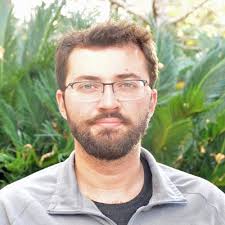
Professor Iman Shames, Australian National University, Australia
Iman Shames is the Professor of Mechatronics and the Mechatronics lead as well as the CIICADA Lab director at the School of Engineering, the Australian National University. Previously, he had been an Associate Professor at the Department of Electrical and Electronic Engineering, the University of Melbourne from 2014 to 2020 and a Senior Lecturer and a McKenzie fellow at the same department from 2012 to 2014, and before that he was an ACCESS Postdoctoral Researcher at the ACCESS Linnaeus Centre, the KTH Royal Institute of Technology, Stockholm, Sweden. He received his B.Sc. degree in Electrical Engineering from Shiraz University in 2006, and the Ph.D. degree in engineering from the Australian National University, Canberra, Australia in 2011. His current research interests include, but are not limited to, decision making for dynamical systems under uncertainty, optimisation theory and its application in control and estimation, and mathematical systems theory of cyber–physical systems.
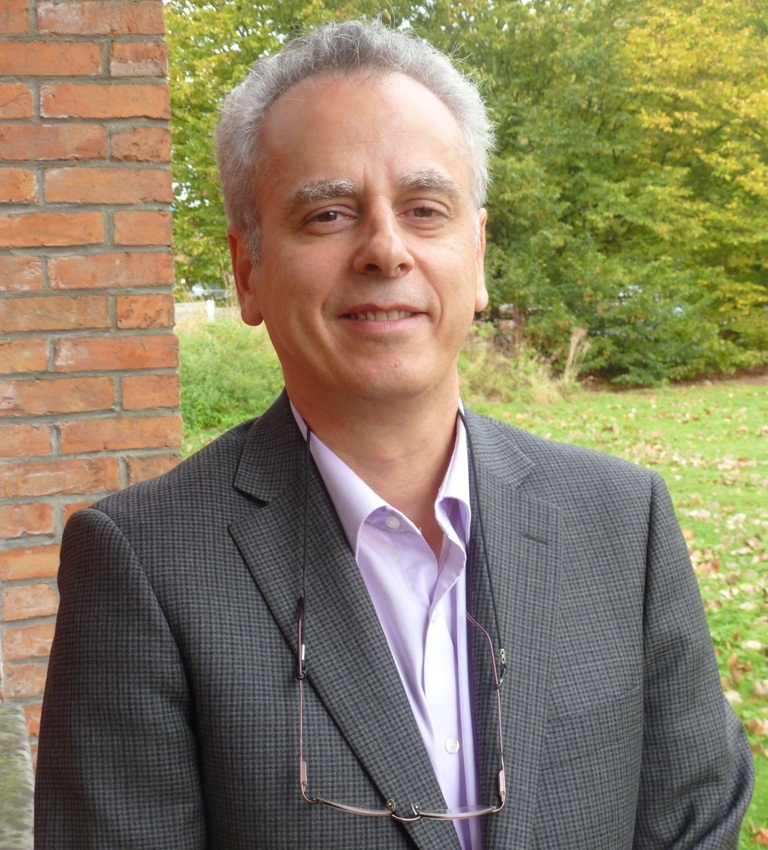
Professor Jean Mahseredjian, Polytechnique Montréal, Canada
Jean Mahseredjian is IEEE Life Fellow for his contributions to the computation and modeling of power systems transients. He received the Ph.D. degree from Polytechnique Montreal, in 1991. From 1987 to 2004, he was with IREQ (Hydro-Quebec), working on research and development activities related to the simulation and analysis of electromagnetic transients. In December 2004, he joined the Faculty of Electrical Engineering, Polytechnique Montreal, where he is currently a professor in the Energy section.
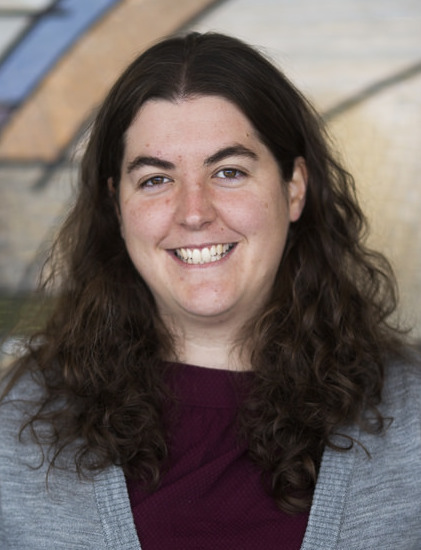
Professor Johanna Mathieu, University of Michigan, USA
Johanna Mathieu is an Associate Professor of Electrical Engineering and Computer Science and the Director of the Institute for Energy Solutions at the University of Michigan, Ann Arbor. Her research focuses on ways to reduce the environmental impact, cost, and inefficiency of electric power systems via new operational and control strategies. She is particularly focused on developing new methods to actively engage distributed flexible resources such as energy storage, electric loads, and distributed renewable resources in power system operation. Her PhD and MS are from the University of California, Berkeley and her BS is from MIT. Prior to joining Michigan, she was a postdoc at ETH Zurich, Switzerland.

Professor Pascal Van Hentenryck, Georgia Institute of Technology, USA
Pascal Van Hentenryck is the director of Tech AI (the AI Hub at Georgia Tech), the director of the NSF AI Institute for Advances in Optimization (AI4OPT), and the A. Russell Chandler III Chair and Professor at Georgia Tech. He was a professor at Computer Science at Brown University for over 20 years and led the optimization research group at the National ICT Research, Australia. His current research focuses on Responsible AI for Engineering with applications in energy systems, supply chains, manufacturing, health care, and mobility. Van Hentenryck is a pioneer of constraint programming, and he designed and implemented several innovative optimization systems that have been in commercial use for over 20 years, including the CHIP and OPL systems. He is a fellow of AAAI and INFORMS and the recipient of numerous research and teaching awards.
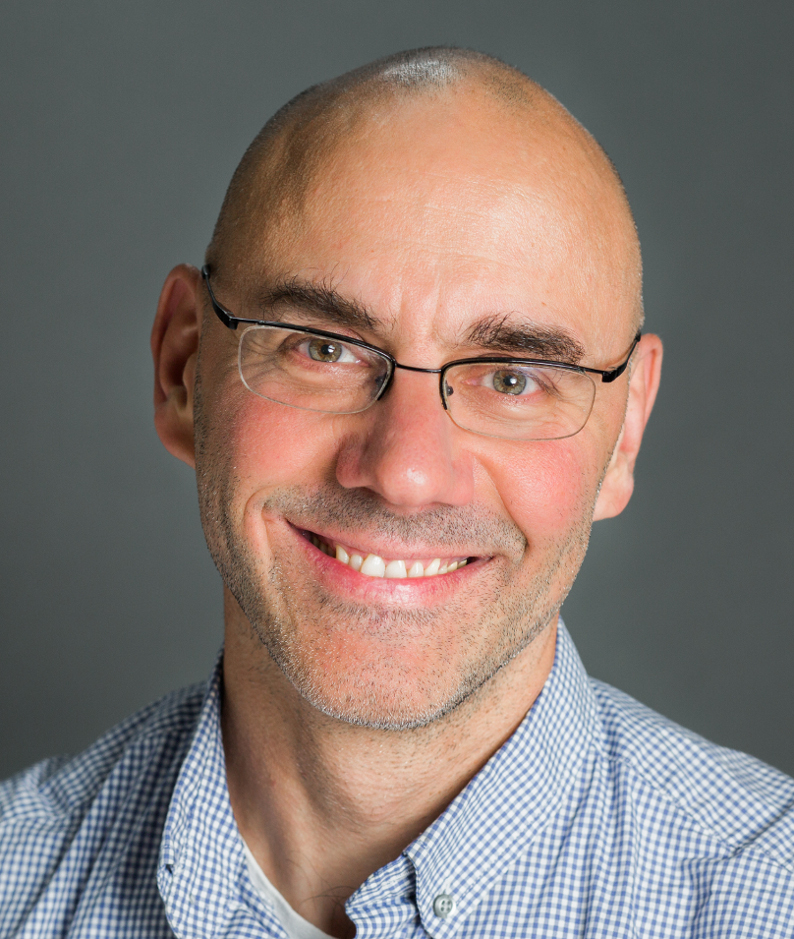
Andreas Wächter is a Professor in the Department of Industrial Engineering and Management Sciences at Northwestern University. His research interests include the design, analysis, implementation and application of numerical algorithms for nonlinear continuous and mixed-integer optimization, scientific computing, power systems, and sustainability. He obtained his master's degree in Mathematics at the University of Cologne, Germany, in 1997, and this Ph.D. in Chemical Engineering at Carnegie Mellon University in 2002. Before joining Northwestern University in 2011, he was a Research Staff Member in the Department of Mathematical Sciences at IBM Research in Yorktown Heights, NY. He is a recipient of the 2011 Wilkinson Prize for Numerical Software and the 2009 Informs Computing Society Prize for his work on the open-source optimization package Ipopt. He is currently on leave from Northwestern to spend one year at Gurobi Optimization.
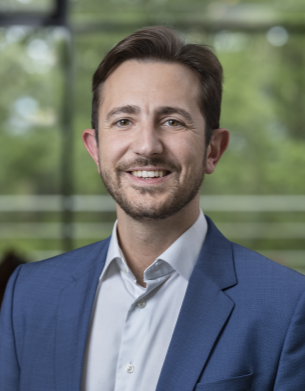
Professor Spyros Chatzivasileiadis, Technical University of Denmark (DTU), Denmark
Spyros Chatzivasileiadis is a professor at the Technical University of Denmark (DTU) and the Head of Section for Power Systems in the Division of Power and Energy Systems at DTU Wind and Energy Systems. Prior to joining DTU, he was a postdoctoral researcher at the Massachusetts Institute of Technology (MIT) and at Lawrence Berkeley National Laboratory in the United States. He holds a PhD from ETH Zurich, Switzerland (2013), and a Diploma in Electrical and Computer Engineering from the National Technical University of Athens (NTUA), Greece (2007). His current research focuses on machine learning applications for power systems, as well as optimization, dynamics, and control of AC and HVDC grids. He is the recipient of an ERC Starting Grant in 2020, was awarded the Best Teacher of the Semester at DTU Electrical Engineering, and supervised one of the seven best PhD theses at DTU in 2021. He has also received several best paper awards, including at Smartgridcomm 2020 and HICSS 2024. During the LORER Summer School, Professor Chatzivasileiadis will share his expertise in Trustworthy Machine Learning for power systems, a key area in addressing the challenges of modern energy networks.
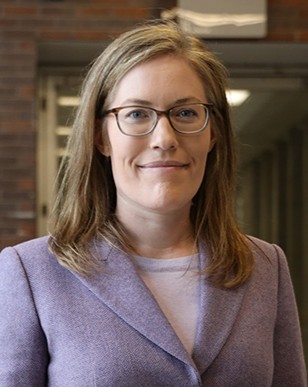
Professor Kristen Schell, Carleton University, Canada
Dr. Schell is an Associate Professor in Mechanical and Aerospace Engineering at Carleton
University, where she serves as a core faculty member for the undergraduate program in
Sustainable and Renewable Energy Engineering (SREE). Dr. Schell’s research develops
mathematical models that inform the energy transition toward efficient decarbonization. She
works at both the energy generation level, improving renewable energy resource assessment and
forecasting, and at the systems level, optimizing pathways to achieve net-zero.
Methodologically, she has contributed to advancing spatio-temporal statistical forecast models,
deep learning architectures and energy system network optimization. She is a co-winner of the
2023 International Institute of Forecasters (IIF) Methodological award for research on wind
power forecasting.
